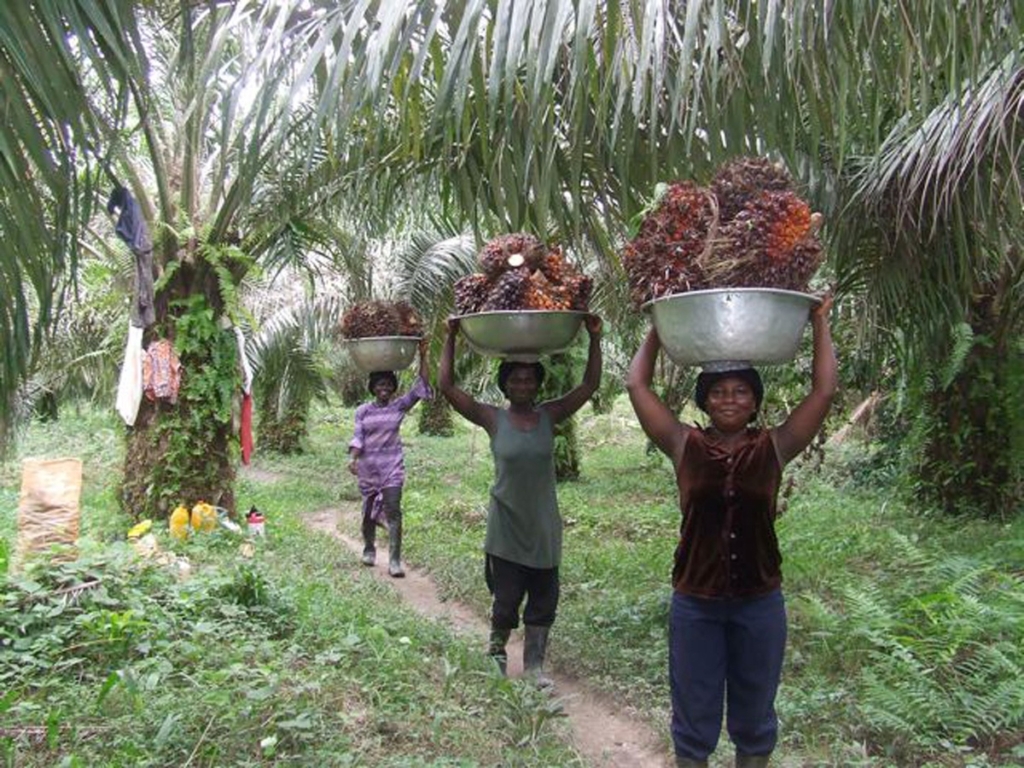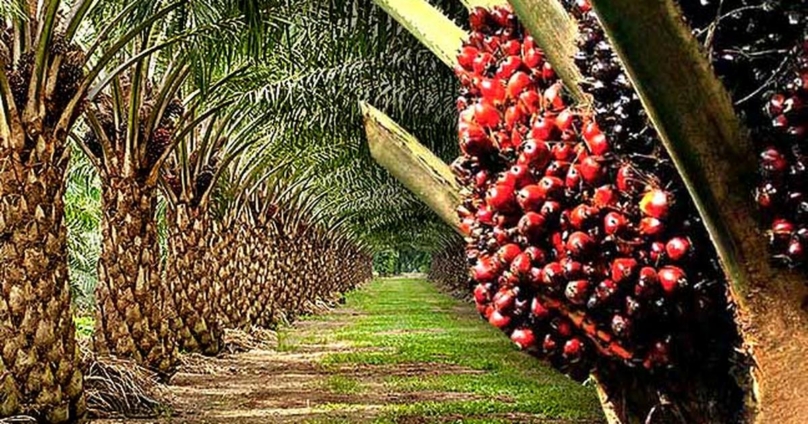A recent Tropical Forest Alliance (TFA) and Proforest study has underscored the critical need for improved incentive and regulatory frameworks to unlock value chain opportunities in Ghana’s oil palm sector.
The research highlights the potential for creating jobs, protecting the environment, and enhancing rural development through prioritised research, land access, RSPO certification, and sustainable practices.
The study engaged oil palm producers in the Ashanti, Eastern, Western, and Central regions, providing several key insights.
Out-grower schemes, which connect smallholder farmers with buyers in value chains, offer mutual benefits by granting smallholders market access, inputs, and technical support through contract farming.
The oil palm processing industry also yields products such as crude palm oil, palm kernel oil, and palm kernel cake, with crude palm oil dominating production. Additionally, the study found that oil palm waste can be converted into valuable products like organic fertiliser, fibres, and boiler fuel for steam and electricity in large-scale mills.
The research, which includes case studies from Cameroon and Côte d'Ivoire, aims to attract investment in sustainable oil palm development by engaging governments, development partners, investors, and private sector companies.

It identifies several key areas for investment. Government ministries, such as those of Food and Agriculture, Trade and Industry, and Environment, Science, Technology, and Innovation, play crucial roles in creating an enabling environment to attract financial investors, NGOs, and donor partners.
Private sector agencies, including the Association of Ghana Industries and the Ghana National Chamber of Commerce and Industry, are pivotal in boosting investment attraction.
The government offers incentives such as free seedlings, free zone waivers (covering import tariffs, VAT, and tax holidays), and subsidies for inputs to promote oil palm development.
Moreover, investment opportunities exist in primary production, processing, and converting oil palm trunks (OPT) and fronds (OPF) into valuable products.
Public sector support programs like Planting for Export and Rural Development (PERD) are available, though there are limitations in the technical capacity for policy implementation.
However, the study also highlights several challenges. Land tenure conflicts are a significant barrier to investment, and smallholder out-growers often struggle with financial literacy and access to funds. Regulatory compliance issues, such as current non-compliance with import regulations, present bottlenecks. Additionally, currency depreciation and price fluctuations pose risks for the sector.
To address these challenges, the study offers several key recommendations, including strengthening the incentive framework and improving law enforcement to mitigate investment risks.
It also recommends enhancement of regulatory frameworks and encouraging circular economy investments to boost employment opportunities and wealth creation as well as promoting smallholder inclusion in value chains, particularly through, out-grower schemes, to resource-poor farmers.
Latest Stories
-
Is Hon. Johnson Kwadwo Asiedu Nketia the General who knows the Battlefield?
21 minutes -
Burna Boy makes Executive Producing Debut with Pan‑African Thriller “3 Cold Dishes”
28 minutes -
UPSA condemns staff misconduct in viral altercation with student
33 minutes -
Mahama calls for a strong and independent judiciary anchored in justice and service
34 minutes -
Medical facilities in Ahafo Region hail NHIA for prompt payment of claims
49 minutes -
Legendary Nigerian goalkeeper Peter Rufai passes away
54 minutes -
Mahama urges judiciary to align justice with people’s needs
1 hour -
West African cities embrace risk-informed planning in new urban resilience workshop series
2 hours -
Everybody needs a good Nigerian friend – Lucy Quist
2 hours -
EchoHouse crowned Media Agency of The Year at 17th AAG Gong Gong Awards
2 hours -
History will judge how fairly you dispense justice, Mahama tells new justices
2 hours -
Speak through your judgments, not your opinion- President Mahama charges new Supreme Court judges
2 hours -
Doing business in neighbouring West African states will yield more dividends- Enterprise Group
3 hours -
SkyTrain Déjà Vu: Ghana’s 24-hour economy headed for same PPP graveyard
3 hours -
Don’t launch policies and hide documents- Oppong Nkrumah to government
3 hours

